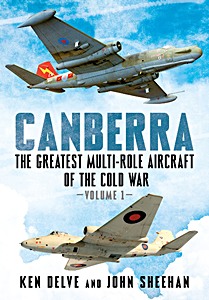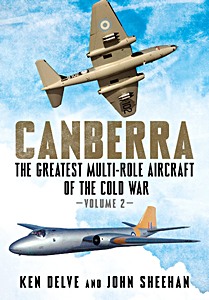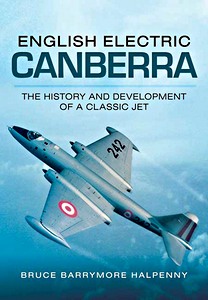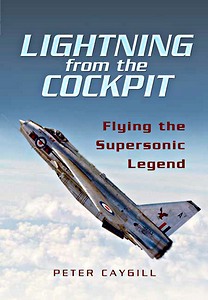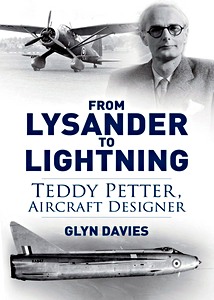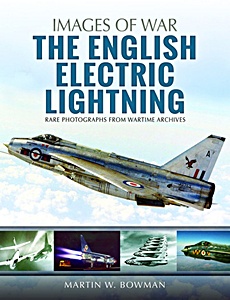Black Box Canberras : British Test and Trials Canberras 1951-1994
English Electric's Canberra saw an unbroken 46 years of service in the UK as a test and trials aircraft from 1951 until final retirement in 1994. Flown by Government research establishments, military units and military defence contractors on a vast range of tasks, the versatile Canberra contributed to the development of aircraft engines, airborne radars, reconnaissance sensors, aircrew equipment, nuclear weapons, conventional armament, missiles and much more besides.
The Canberra was flown in particular as a platform for the majority of post-war UK-developed airborne interception radars, from AI.18 through AI.20, AI.23 and a number of experimental radars, to AI.24 Foxhunter and beyond.
Other projects covered included missile programmes; electro-optical sensors for the TSR-2 optical linescan; reconnaissance radars for the V-Force and the TSR.2's P.391 SLAR and the ASTOR SAR that led to the Sentinel R.1.
The UK stealth programme and the 'Rubber Duck' Canberra is examined as are Double Scorpion and Spectre rocket engines as well as aiming systems and the Q-band strike radar. The huge variety of airframe modifications and colour schemes of these special aircraft are fully illustrated making this an invaluable book for the aviation enthusiast, modeller and historian.
Product details
| Author: | Dave Forster |
|---|---|
| Details: | 228 pages, 11.6 x 8.25 x 0.51 in (29.5 x 21 x 1.3 cm), hardback |
| Illustrations: | 250+ b&w and color photos |
| Publisher: | Hikoki Publications (GB, 2016) |
| ISBN: | 9781902109534 |
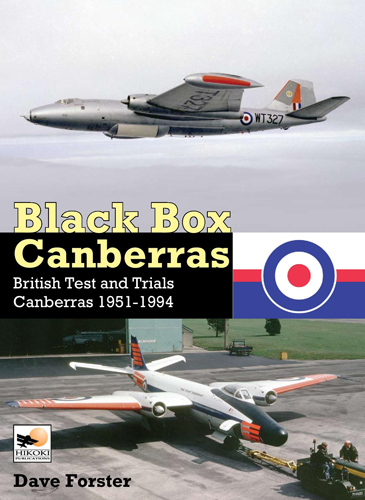
Black Box Canberras : British Test and Trials Canberras 1951-1994
Language: English
Available on Amazon - safe payment and fast delivery
Buy on Amazon.comBuy on Amazon UK
Buy on Amazon CA

